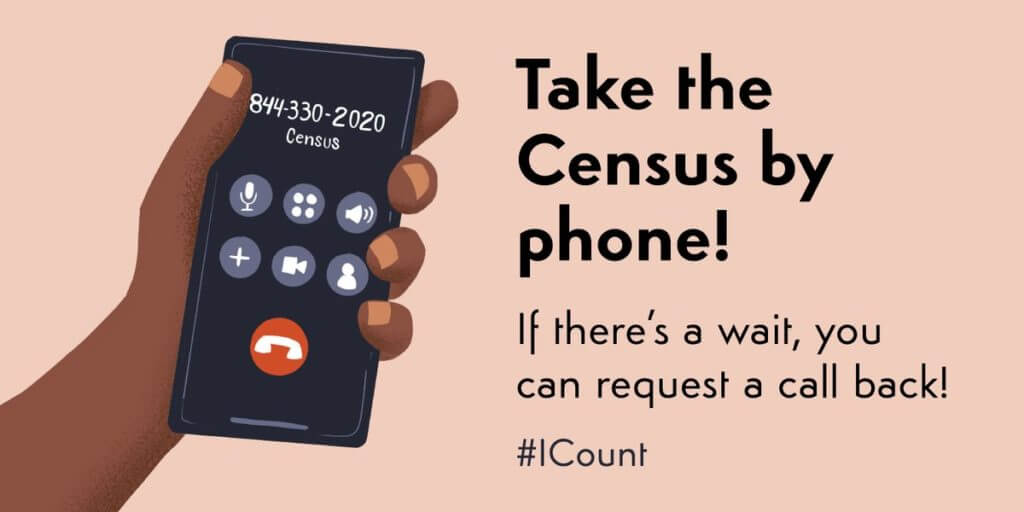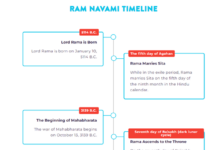Vidya Sethuraman
India Post News Service
Ethnic Media Services had organized a press conference call on May 13 to discuss California’s MENA Populations & the 2020 Census Political representation and self-identification. In 2018 the Census Bureau decided not to include MENA (Middle East North Africa (MENA) region) as a category in the 2020 census, despite years of advocacy by Middle Eastern and North African groups.
California MENA community leaders and representatives shared advocacy efforts being made to mobilize around the issue and offer political education within MENA communities. The speakers urged their communities to fill out the census and list their countries and ethnicities. As of this week, the Golden State has a 60.2% response rate, which is slightly better than the national average — but well short of California’s 68.2% response rate in 2010. Without course correction, the 2020 census could yield one of the lowest returns in recent memory.
Emilio Vaca is the Regional Program Manager – Central California Lead for the California Complete Count – Census 2020, based in Sacramento. California has allocated $187.2 million for the 2020 census, including more than $106 million on community outreach targeting 11 million hard-to-count residents. He said the state is focusing on the education on importance of Census and shifting toward virtual phone banks, webinars and events where they can continue to give our state’s hard-to-reach communities the information and the support they need to participate in the census with confidence. We work with over 120 partners and community organizations and get everyone counted and reducing the risk of an undercount could cost a congressional seat and billions in federal funding.
Loubna Qutami is a postdoctoral fellow at the Department of Ethnic Studies at the University of California, Berkeley. She spoke on the historical relationship between race, ethnicity, and the census omitting the “Middle East and North Africa” category from the upcoming census in 2020. The year 1790 marks the first US census. It is also the year when the Naturalization Act was put in place, allowing citizenship only to “a free white person”. “Anyone who has a faint familiarity with the history of US racial politics, knows that the history of this country was built on inequity, on racial segregation, racial oppression, and the denial of full citizenship and rights to many different racial groups,” said Dr. Qutami. Participating in the Census 2020 by MENA communities by writing in their nationality will make an impact on our voice heard, said Dr.Qutami.
Kathay Feng, National Redistricting Director, Common Cause explained how an accurate census count leads to more equitable representation through redistricting. It is the process of drawing new congressional and state legislative district boundaries. Upon completion of the 2020 census, California will draft and enact new district maps. California’s 53 United States representatives and 120 state legislators are all elected from political divisions called districts. District lines are redrawn every 10 years following completion of the United States census. Redistricting affects whether minorities have a say in the outcome of elections. Getting an accurate population count in the 2020 Census is vital for legislative redistricting, as well as for the region receiving its fair share of federal money for schools, transportation, transit and highways, said Feng.
Basim Elkarra, CAIR, Sacramento, said he and his group’s partners are doing their best to remind people that they have a right to stand up and be counted. “Many don’t know about the census, they didn’t have a census in their previous countries and many have a distrust of the federal government,” Elkarra said.
Adoubou Traore, African Advocacy Network, Chakib Ayadi, Tunisian American Foundation, Dilkhwaz Ahmed, License to Freedom, Homayra Yusufi, PANA, Nahla Kayali, Access California were part of the discussion and urged their communities to participate in Census 2020 and make a bigger difference for the future.
Sandy Close, EMS’s founder concluded that the purpose of the press conference and collaboration of organizations involved was to “expand our lens of who we are today and who we are becoming—and after all, this is the goal of the 2020 census.”







